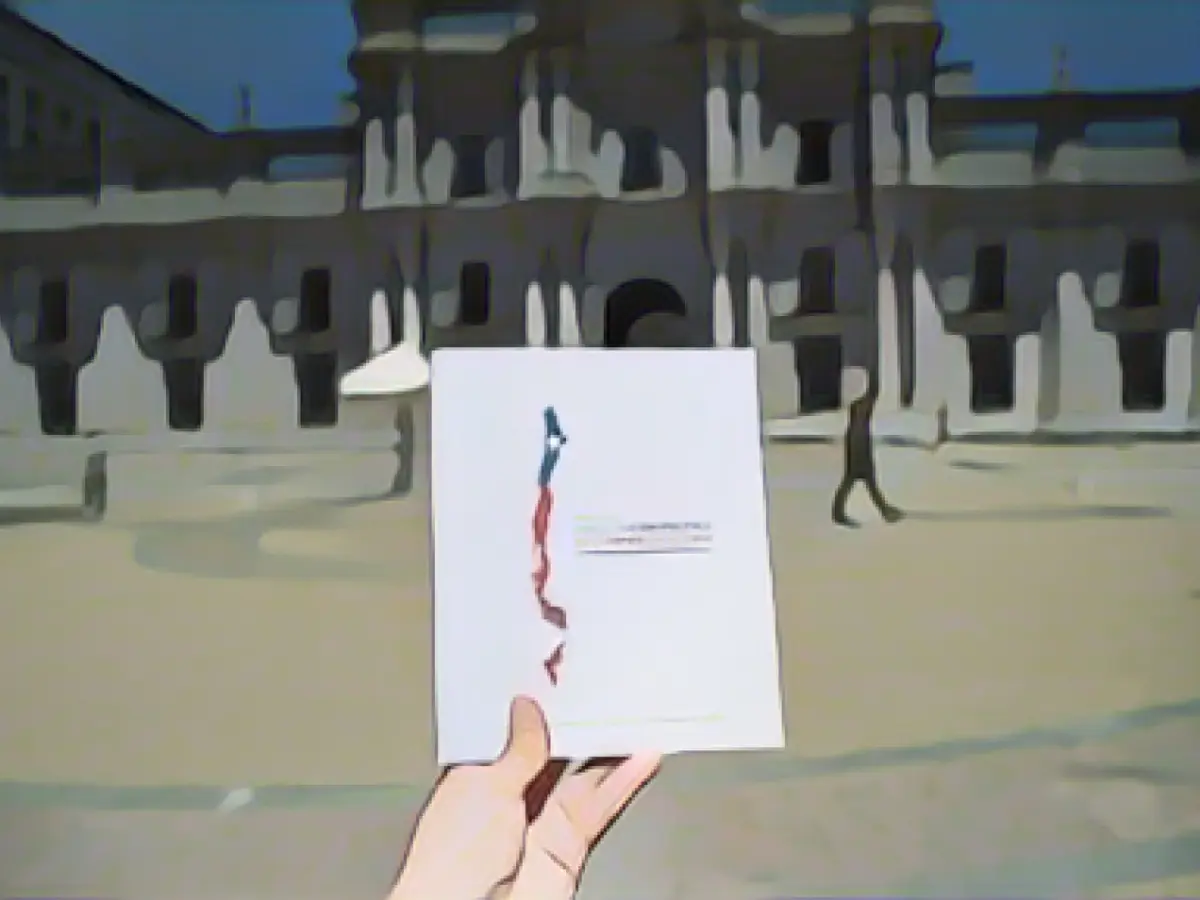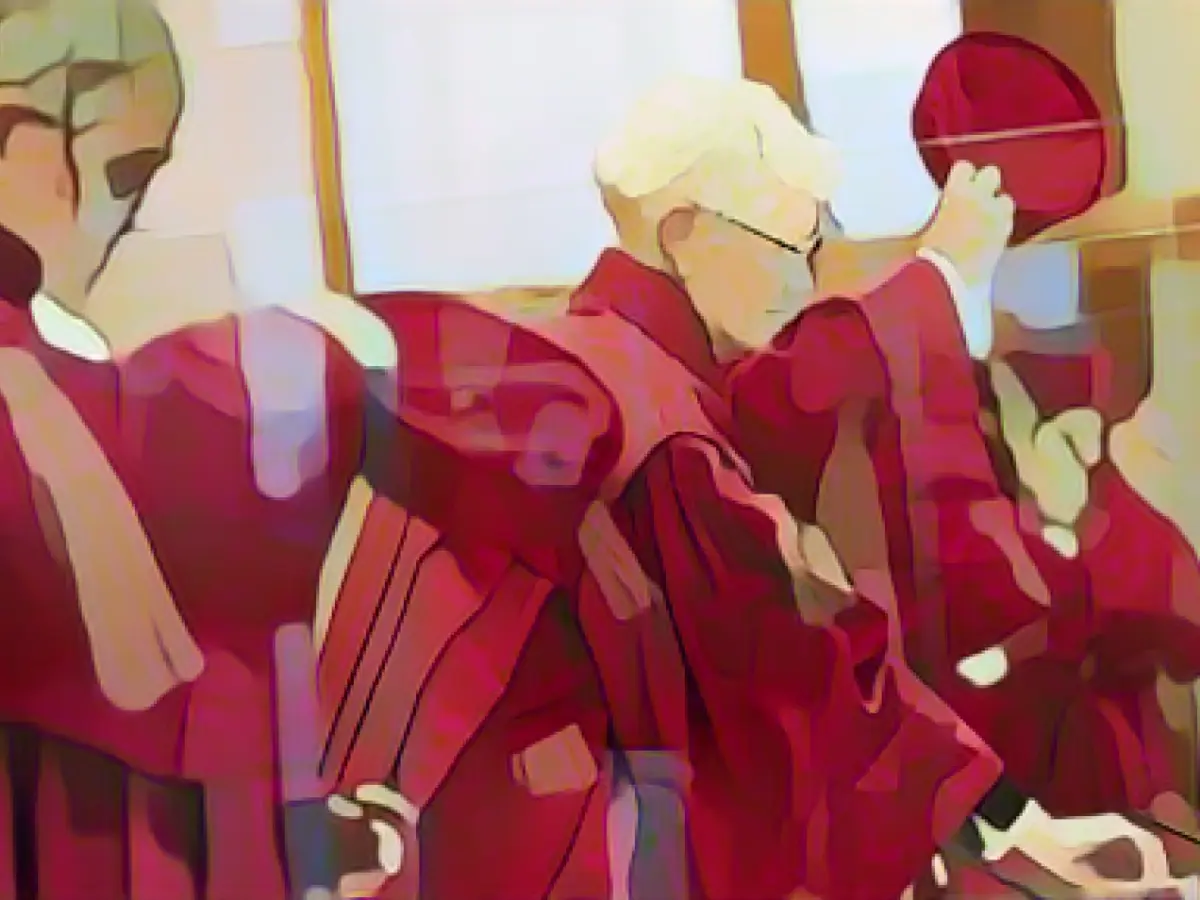Sunday saw the second attempt at constitutional reform in Chile under President Gabriel Boric, with polling stations opening at 8 am local time and results expected later in the evening. Despite a conservative shift in the new constitution draft, many predicted a repeat of September's rejection vote, where a clear majority of 62% of Chileans voted against a progressive draft text for a new constitution.
The latest polls, however, predicted a slightly closer vote this time around. But as the day drew to a close and the votes were counted, it was confirmed that, once again, a majority of Chileans had voted against the new constitution, this time by 55.8% to 44.2%.
This outcome highlights a continued polarization and resistance to significant changes in Chile's current constitution, which was drafted under the military dictatorship of Augusto Pinochet. The rejection of the proposed constitution suggests that Chilean politics may continue on a path of moderation, avoiding radical changes that could destabilize the country further.
President Boric, who initially supported progressive changes, has adopted a more moderate stance to appease right-wing groups and maintain political stability. This shift in political stance will likely be seen as a reflection of his government's approach to constitutional reform.
The urn containing the votes will symbolize the voice of the nation, both for and against the new constitution. The outcome of this referendum, taking place in Chile, will have significant implications for the nation's future constitution. It could also have potential international repercussions based on Chile’s domestic political decisions.
The failure of both the left-wing and right-wing proposals indicates a shift in the political landscape. It may also present challenges for implementing significant social and economic reforms, such as those addressing inequality and land rights, unless more moderate reforms are implemented.
The second constitutional referendum in Chile under President Gabriel Boric has resulted in a rejection of the proposed constitution, indicating a shift towards more conservative or centrist reforms. This outcome suggests continued political stability but also challenges for progressive reforms and potential international implications.
Source:
Enrichment data:
The second constitutional referendum in Chile under President Gabriel Boric, which took place in December 2023, resulted in a rejection of the proposed constitution with 55.8% of the voters opposing it and 44.2% in favor. This outcome indicates a continued polarization and resistance to significant changes in the current constitution.
The rejection of the proposed constitution suggests that Chilean politics may continue on a path of moderation, avoiding radical changes that could destabilize the country further. This stability is crucial for Chile’s economic recovery and social cohesion, as referred to in sources and .
The failure of both the left-wing and right-wing proposals indicates a shift in the political landscape. President Boric, who initially supported progressive changes, has adopted a more moderate stance to appease right-wing groups and maintain political stability. This shift in political stance will likely be seen as a reflection of his government’s approach to constitutional reform, as highlighted in .
The rejection of progressive constitutions suggests that implementing significant social and economic reforms, such as those addressing inequality and land rights, may face significant challenges. This could lead to continued protests and social unrest unless more moderate reforms are implemented, as suggested in .
The diplomatic crisis following the rejection of the 2022 constitutional proposal, including President Boric’s decision to decline the credentials of the Israeli Ambassador, highlights the potential for international repercussions based on Chile’s domestic political decisions, as mentioned in .
Sources:








